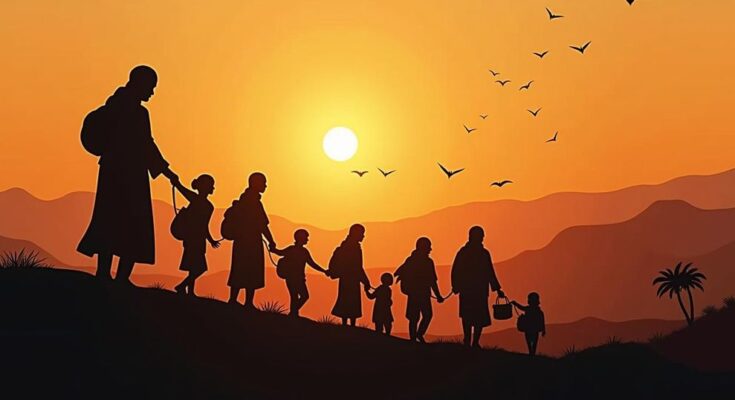Morocco has extended its emergency aid for families affected by the recent earthquake for an additional five months. This initiative aims to help those impacted recover from their losses and stabilize their situations as they rebuild their lives. The government remains focused on supporting citizens during this challenging period.
Morocco has announced a five-month extension of emergency aid for families affected by the recent earthquake, which caused significant devastation. The decision was made to provide continued support to those who have suffered losses and displacement due to the disaster. This aid extension will assist families in rebuilding their lives during this challenging period, allowing them to access essential necessities and resources. The Moroccan government emphasized the importance of aiding its citizens as they navigate the aftermath of this calamity. By extending this support, the government is demonstrating its commitment to recovery efforts and the well-being of its people.
The earthquake that struck Morocco recently left numerous families without homes, basic supplies, and financial stability. The initial response from the government included immediate assistance aimed at addressing the urgent needs of the affected individuals. Given the severity and lasting implications of such a natural disaster, the Moroccan government has recognized the necessity of extending its support to ensure that families can adequately recover and rebuild their lives. This initiative is part of a broader strategy to stabilize the affected regions and provide ongoing assistance as recovery efforts continue.
In conclusion, Morocco’s decision to extend emergency aid for earthquake-affected families over the next five months underscores its commitment to supporting citizens during difficult times. This proactive measure speaks to the government’s recognition of the lasting impacts of calamities and the need for continued assistance in recovery and rebuilding efforts. It reflects the dedication to restoring normalcy and encouraging resilience within the impacted communities.
Original Source: www.msn.com




